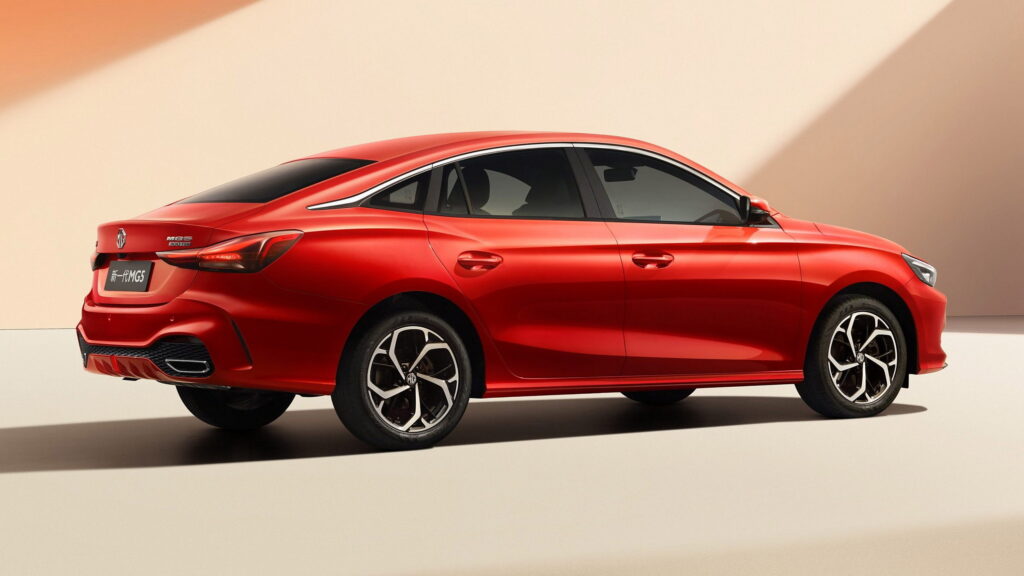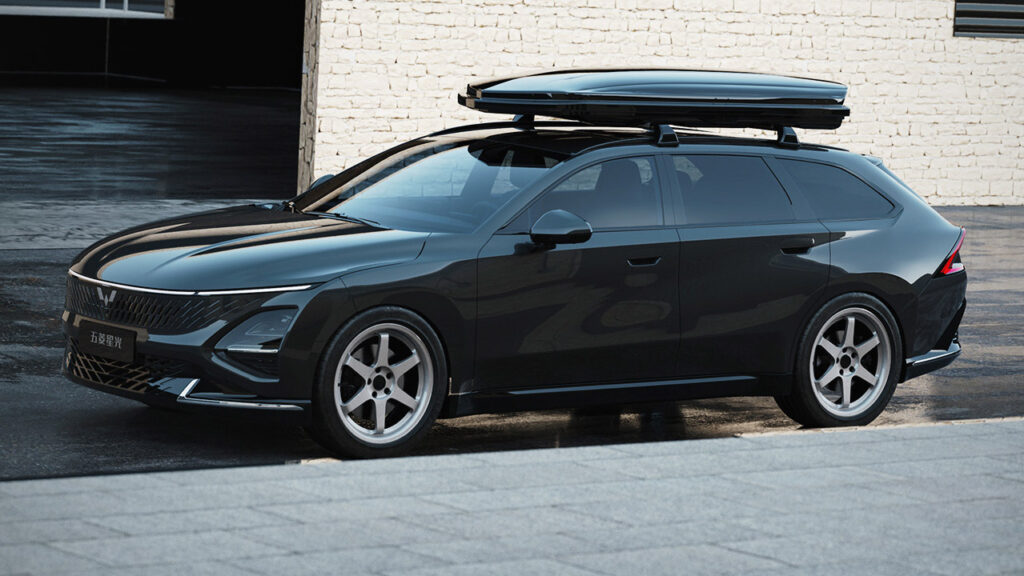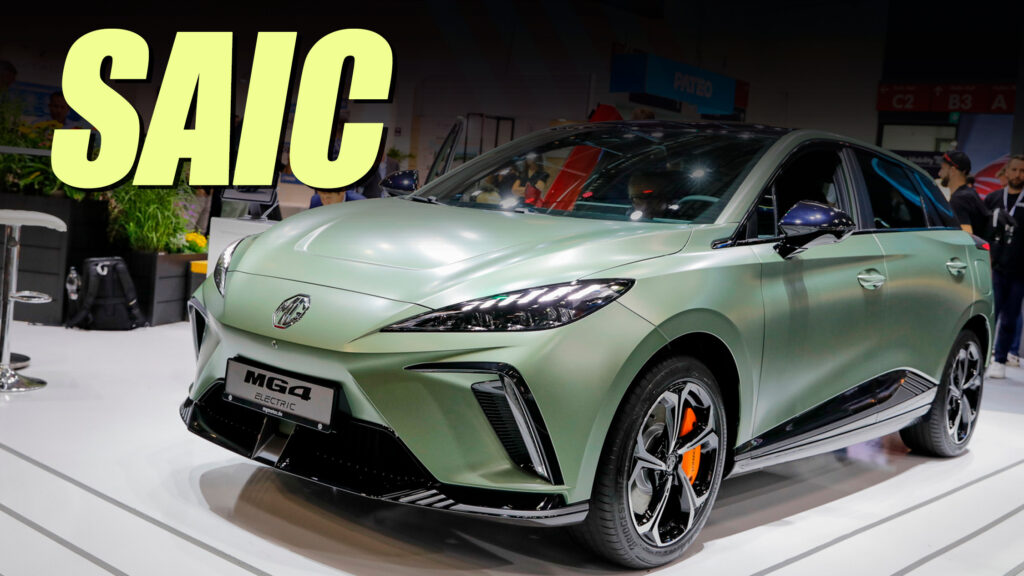- SAIC faces an additional 36.3% tariff, while its rivals face increases of less than 20%.
- The European Commission labeled SAIC’s responses in its investigation as “highly deficient.”
- The company contends that the EU demanded details about the chemical formula of its batteries.
In July, the European Union slapped several Chinese car manufacturers with new tariffs, but there was one automotive group that was hit particularly hard: SAIC. It has now been revealed this is because the state-owned group did not adequately cooperate with EU investigations into the Chinese car market receiving government support and subsidies.
Following the investigation, SAIC was hit with a 37.6% tariff on top of the existing 10% duty. This tariff was recently revised down to 36.3% but is still significantly higher than BYD, which was given a 17% tariff, and Geely, which was hit with a 19.6% tariff.
Read: EU Slashes Tariffs On China-Built Tesla, BMW And VW EVs, Plus Chinese-Branded Models
A comprehensive report published by EU authorities in July reveals that SAIC initially complied and sent detailed replies to questionnaires. However, “these replies were found to be highly deficient” and did not provide adequate information about the costs of production, bills of material, the chemical composition of raw materials purchased from suppliers, and information related to grants that SAIC had received.
In April, the European Commission determined that the lack of information provided by SAIC had impeded its investigation and informed the carmaker. Unsurprisingly, the company wasn’t willing to go quietly into the night, saying that it disagreed with the assessment and that it had complied with requests. The EU took particular issue after only receiving screenshots of important accounting and financial documents, suggesting it was unable to verify the accuracy of the information.

SAIC was also unable to provide original copies of its ongoing joint venture agreements. Speaking with Bloomberg, sources state that SAIC was concerned about the safety of its information and lacked access to some data from its suppliers. SAIC also took issue with the investigation on social media recently, claiming the EU had requested sensitive business information, including the chemical formula used for its batteries.
In comparison, BYD and Geely better complied with requests, engaged with international law firms, and conducted thorough data collection. BYD also hired policy experts in Brussels. These efforts paid off as it was hit with the lowest tariff increase.




